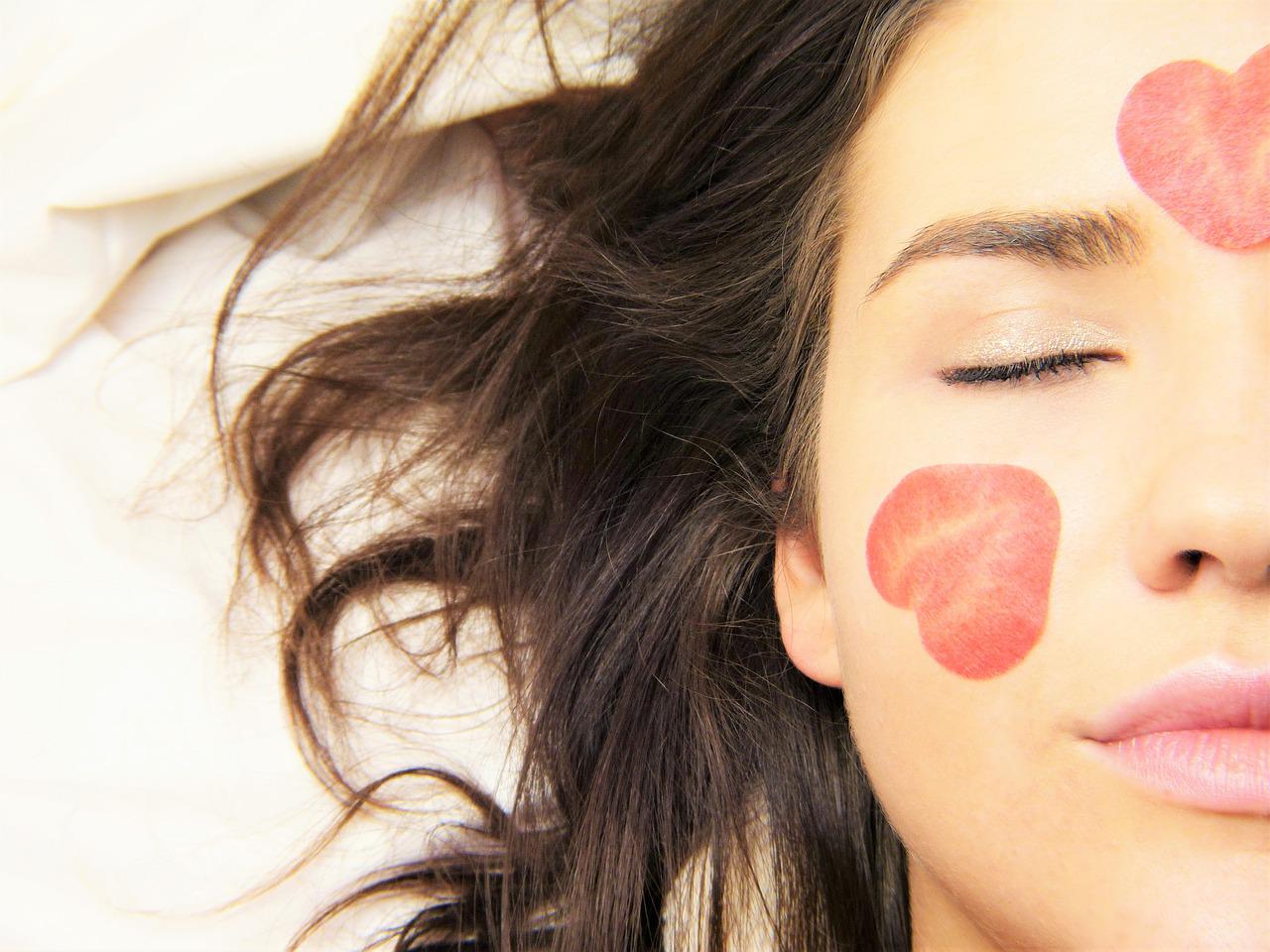
Are Bad Fats Bad For Your Skin, Too?
Recently I wrote an article on why industrial seed oils (things like canola, soy, corn, safflower, sunflower, etc.), are incredibly damaging to our bodies.
As I pointed out when these seed oils are extracted and refined at high temperatures tons of chemical reactions take place in the oil that translates into oxidation, which can lead to all kinds of problems in the future.
You can read that article for reference here.
Basically, as an integrative MD, I’m thinking that one of the things I’m going to war against is these fats,
I want people to avoid consuming them if and when possible.
There’s ample evidence to support the claim that these kinds of fats could be contributing to all kinds of disease.
Oxidation can lead to inflammation, and inflammation is easily one of the chief drivers of many of the diseases that we experience in the Western world.
So today I’m going to talk about the theory behind a new movement that tells people to stop using these oils on their skin.
Keep one thing in mind as I write this.
I am not saying definitively that these oils and fats (poly-unsaturated fats specifically) are going to introduce health issues.
That being said, I’m going to talk about some of the evidence and theories to show you why they might be something you want to avoid in the future.
How PUFAs Could Potentially Cause Skin Issues
It should be said one more time.
I am not saying definitively that PUFAs will do what I’m talking about there.
However, I’m convinced knowing what I know about PUFAs and seed oils there’s a good possibility that over the next few years we may discover that the claims about the potential dangers of PUFAs could be proven to be true.
So, what are those claims specifically?
One is that PUFAs in skincare products may cause advanced skin aging.
1 - Advanced Skin Aging?
Some of the thoughts around PUFAs interactions with your skin are that since these oils are already unstable (through their refining and high-heat extraction) when you place them on your skin and they’re hit by the sun they may continue to throw off free radicals and damage the cells of your skin.
Plus, they could also age the inside of your body too.
Here’s how this works.
When PUFAs are applied to the skin, they are exposed to abundant amounts of oxygen. And as they sit there, on your skin, mixing with oxygen, they’re concurrently exposed to both heat and light.
This process of oxidation affects the membranes of your cell, damaging them and weakening them, which makes them susceptible to possible mutations in the future.
And these mutations can produce any number of unwanted effects, from age spots, wrinkles, and even the development of cancer.
Why is this likely to happen with PUFAs more than saturated fats, (remember, PUFA means poly-unsaturated-fat)?
It’s because of the physical composition of the fat molecule.
Saturated oils contain all the hydrogen atoms they could possibly hold. Unsaturated fats are not “fully loaded” so to speak and that’s what makes them susceptible to the interplay between oxygen.
This means that it is less susceptible to oxidative stress and free radicals that can result in skin damage and aging.
Now there’s some evidence to counter this notion.
The International Journal of Molecular Sciences published a study that showed many plant oils, including PUFAs actually can help the skin and enhance antioxidant activity, while also promoting wound healing and anti-carcinogenic properties.
So, there is definitely more research that needs to be done on the subject before we make any hard and fast claims.
Furthermore, some of the more volatile PUFAs can absorb into the skin and enter the bloodstream, where they can cause further damage. I’ll expand on that below.
2 - Are Absorbed through the Skin
I’ve written extensively about why you want to avoid certain skincare products because of how they could interfere with hormone function. And skincare with PUFAs could technically be added to that list.
Here’s why.
Dr, Ray Peat, a PhD. from the University of Oregon, has done a significant amount of research surrounding the dangers of seed oils. He’s one of the pioneers on the subject.
As he writes, there’s a good chance that PUFAs in skincare products could interfere with your body’s hormones.
How?
Well, as many of you have been led to believe, our skin is “waterproof.”
And that’s true. But it’s not oilproof.
In fact, 1 of the most common PUFAs (linoleic acid) is very good at transporting through the barrier of the skin and into the blood stream.
Here’s why that could end up causing some problems:
Dr. Ray Peat writes:
“Besides causing a general slowing of metabolism, aging and toxic PUFA have specific actions on the detoxifying system. The enzymes that help to detoxify PUFA and estrogen and serotonin are inhibited by both PUFA and estrogen. All systems, including blood vessels and the intestine, are made leaky by estrogen and the PUFA and their products. A reduced ability to regulate the excitatory amino acids, resulting from PUFA toxins, tends to produce excitotoxicity, damaging nerves.”
Now if you never ate another PUFA but slathered them on your skin, you could see how this could be such a problem.
Not only could these products upset your hormonal balance, but they could also damage your body in other ways.
They can cause inflammation in the dermis and epidermis, and even in localized tissue. This could contribute to any number of conditions, both on the skin and below it.
We’re learning more about how bad these are for us internally, and I’d expect we’ll find out more when it comes to external use in the future, too.



